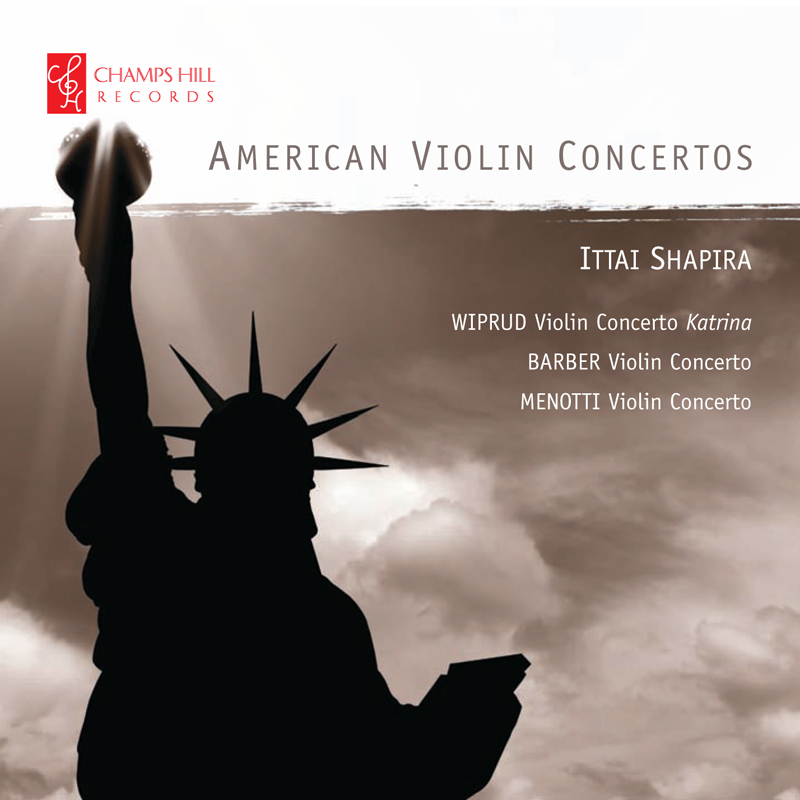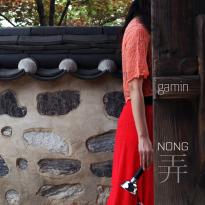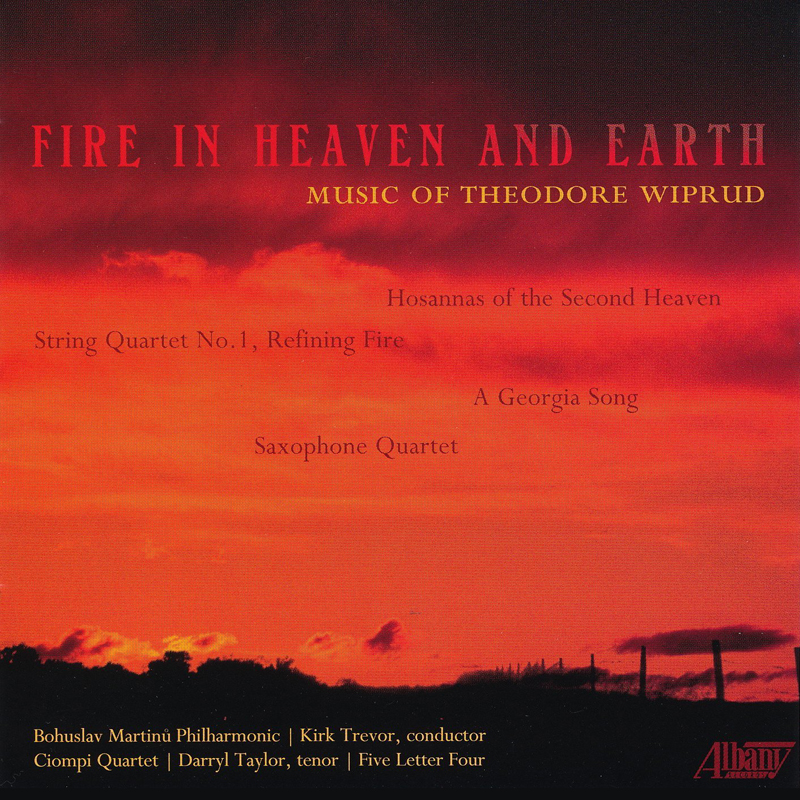A Multimedia Concert of Sacred Instrumental Music of Many Faiths

Overt religious inspiration is increasingly common today among concert composers, hearkening back to the origins of Western music in liturgy. Following two centuries of predominant secularism, composers are increasingly expressing spiritual and religious ideas and experiences. Every musical idiom contributes. Indeed, these most personal expressions—at once the most universal—demand wholly individual musical voices.
On March 30, 2001, a concert entitled Beyond Words offered New York audiences a powerful experience of this growing repertory. Ellen Kushner, the popular host of Public Radio International’s Sound & Spirit, narrated, weaving together five diverse works. Each work was performed in a different part of the breathtaking Church of the Ascension, each with specially designed lighting, to create an ideal visual setting. Beyond Words was conceived to reinforce outstanding performances with high production values, in a manner that enhances rather than ignores the music’s spiritual content. Indeed, both music professionals and a wide, general audience were bowled over.
Beyond Words epitomized the creative approach Theodore Wiprud has taken to programming and presentation in his composition recitals, in his Music Off The Walls concerts for the Brooklyn Philharmonic, and even his Young People’s Concerts for the New York Philharmonic.
String Quartet No. 2: Intimations and Incarnations was premiered at Beyond Words by FLUX Quartet.
Learn More about String Quartet No. 2 »Press for Beyond Words
That’s what gave the concert . . . its intellectual zing. Bringing together works that expressed faith without words, this was as non-New York a concert as I’d heard in years—quiet, meditative, sans applause, the pieces linked via narration by NPR’s Ellen Kushner—and it traveled a cross-continental range of spiritualities . . . Can music elicit spiritual response? Can it depict the experiences on which faith is based? Assuming it can do either, which is more valuable? Or do we need both, at different times and for different religions? Such questions would be well worth pursuing in future, similar concerts.”
—Kyle Gann, from “Why Was ‘Beyond Words‘ Different From All Other New York Concerts?” for The Village Voice, April 24, 2001
Selected Audience Response to Beyond Words
It was the most beautiful and moving music concert I have ever been to. So impressive in all its aspects right down to the invitation and program! Your work is also very beautiful and I was glad to get a chance to hear it live.”
—Dancer and choreographer Aria Edry
The concert was an event which changed my world. The beauty, the space, the creativity, the feeling of being with people who lived in the moment, fresh and alive. One of those experiences that will never leave you. One of the thoughts that floated through my mind as I allowed it all to happen around me and in me, was, how exceptional: music coming alive right there, music newly created. It gave me such a feeling of hope and faith in the future. I am sure the entire congregation had similar feelings: you could see it on their faces and in their eyes.”
—Pauline Juckes
It took me a while to ‘get into’ the music; it was for the most part, if not entirely new, largely unfamiliar in tonalities and combinations (if that makes sense). But as the program progressed I felt more at home, and by the end I was aware of having experienced a very moving multimedia event. The sense of growth may have been due to my having been totally unprepared for the program.”
—Charles Hill
We had a lovely post-concert chat in class about the experience. Several students had traveled in from the island for it—for some, it was a first-time experience of being at a concert. The students were really thrilled with the evening, each getting into the whole flow, but picking up on different pieces and details that they found inspiring or ‘cool.'”
—Musician Jeanne Golan
Back to Concert Programming »




